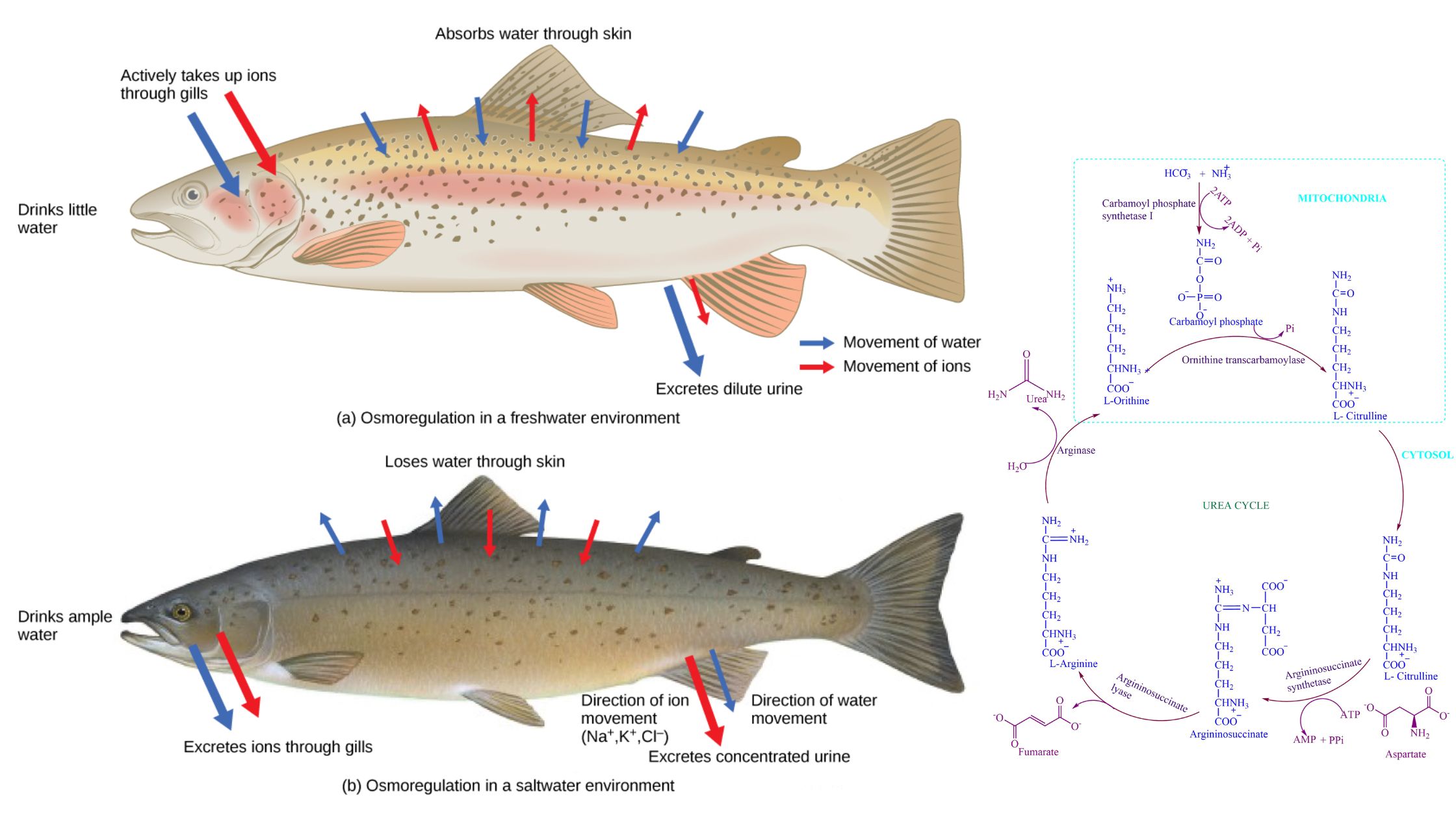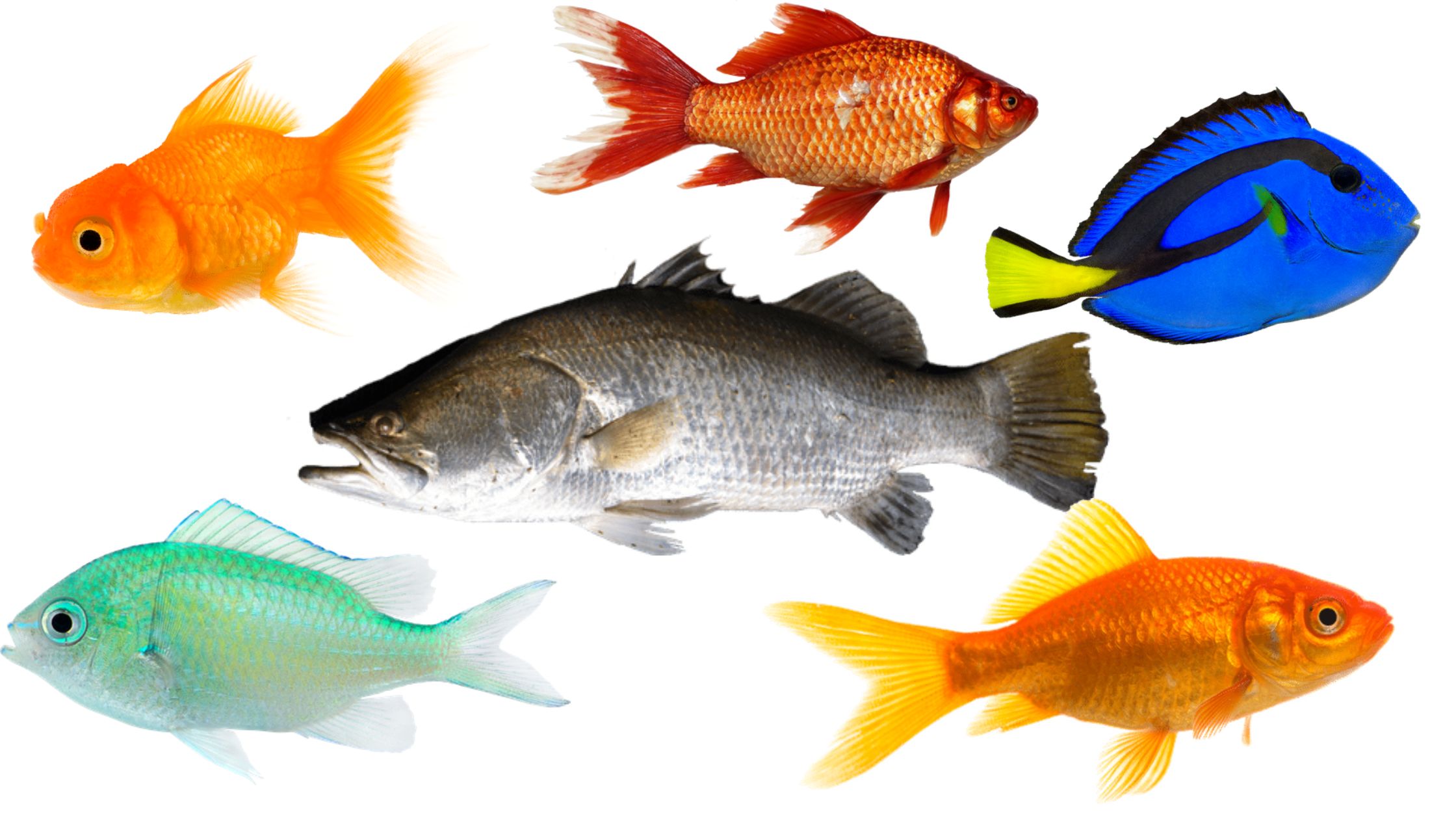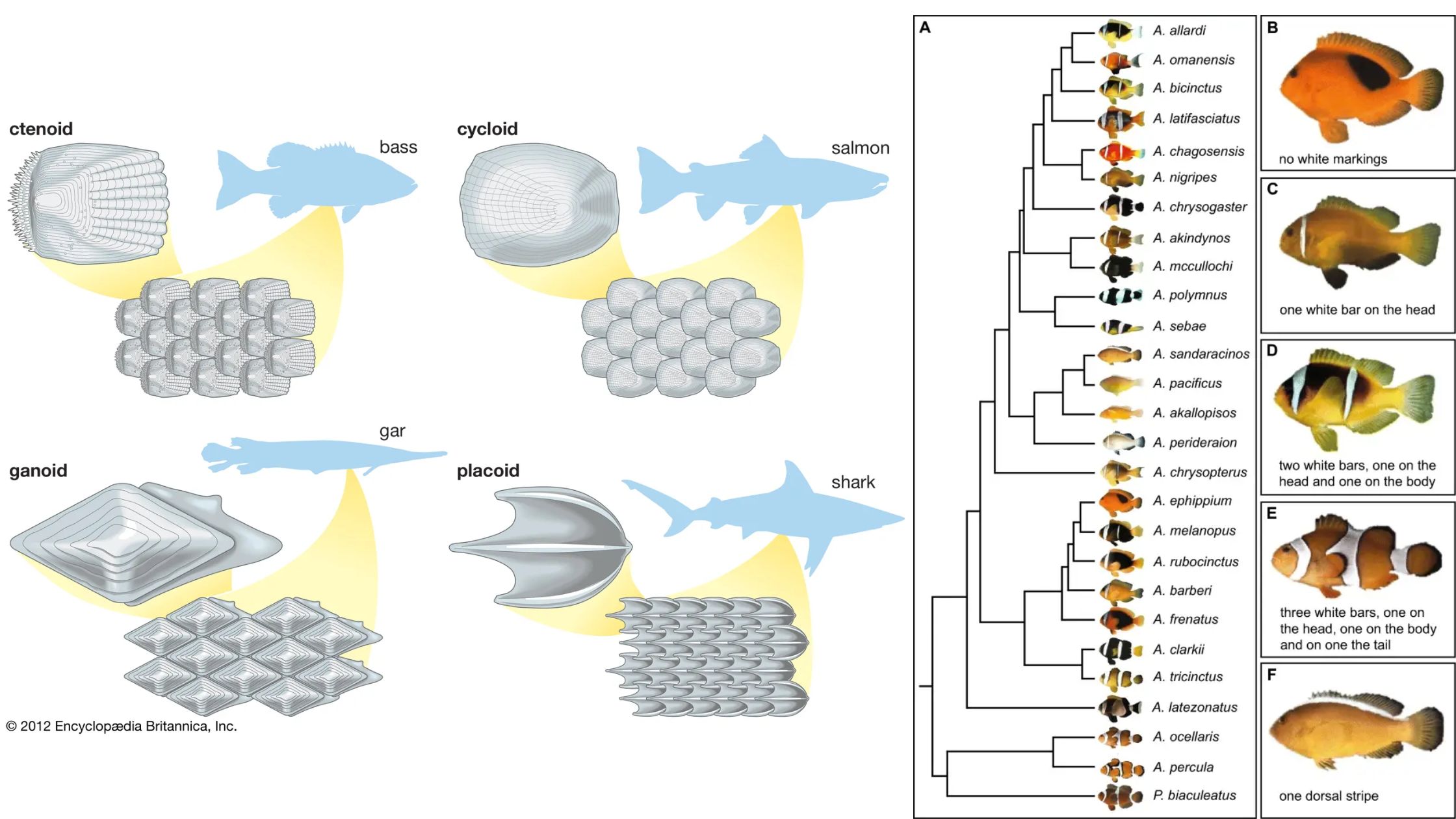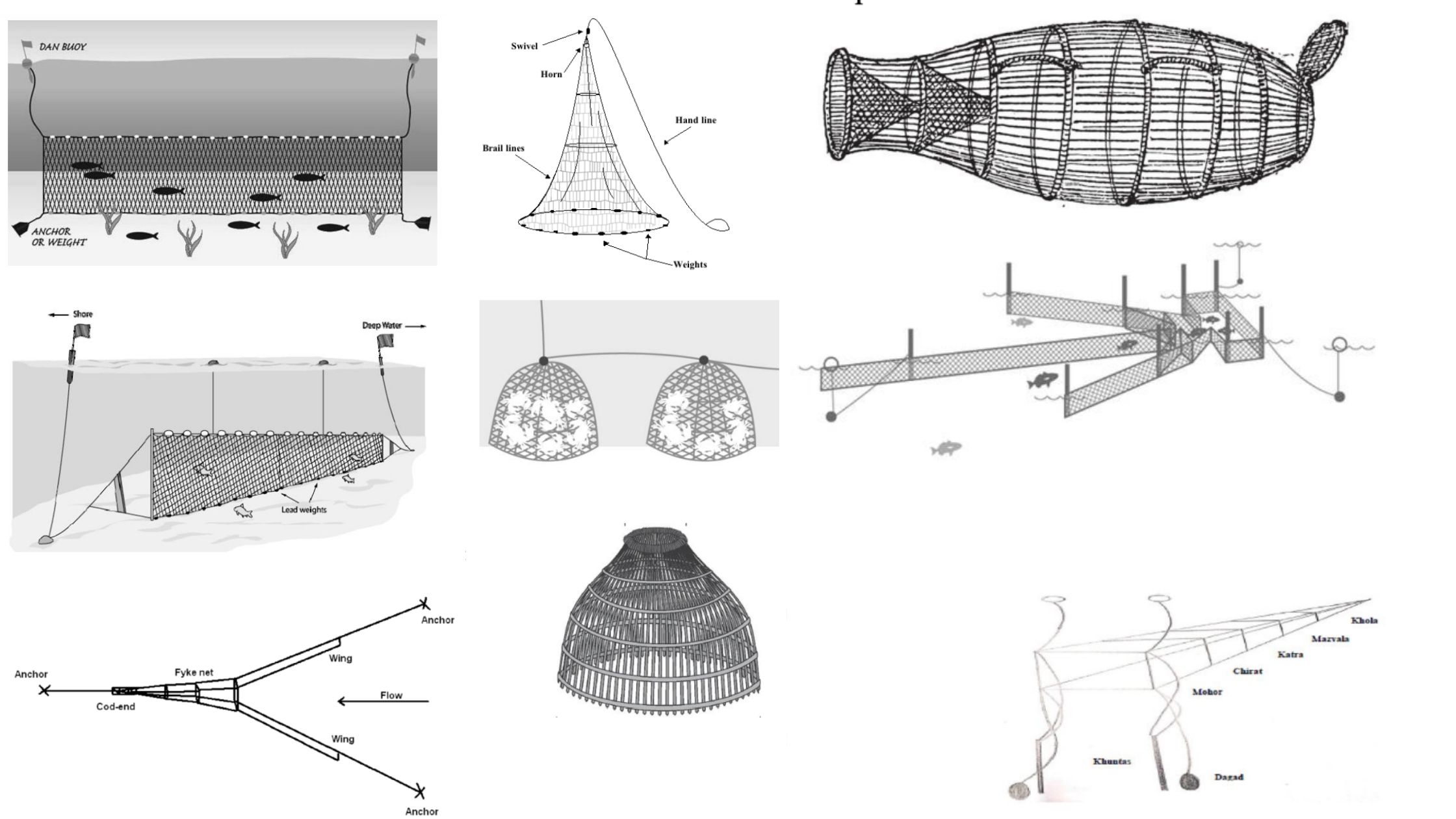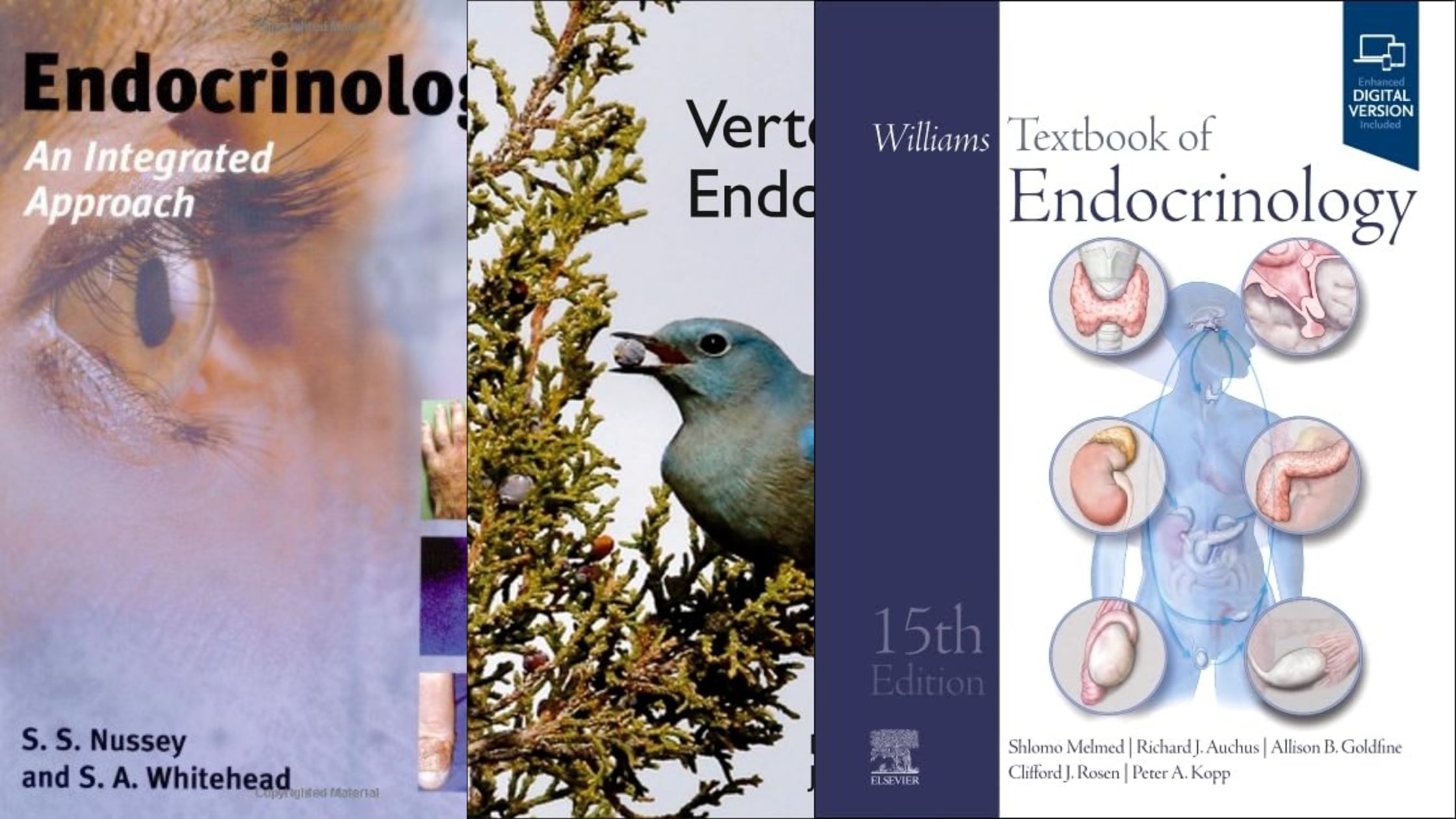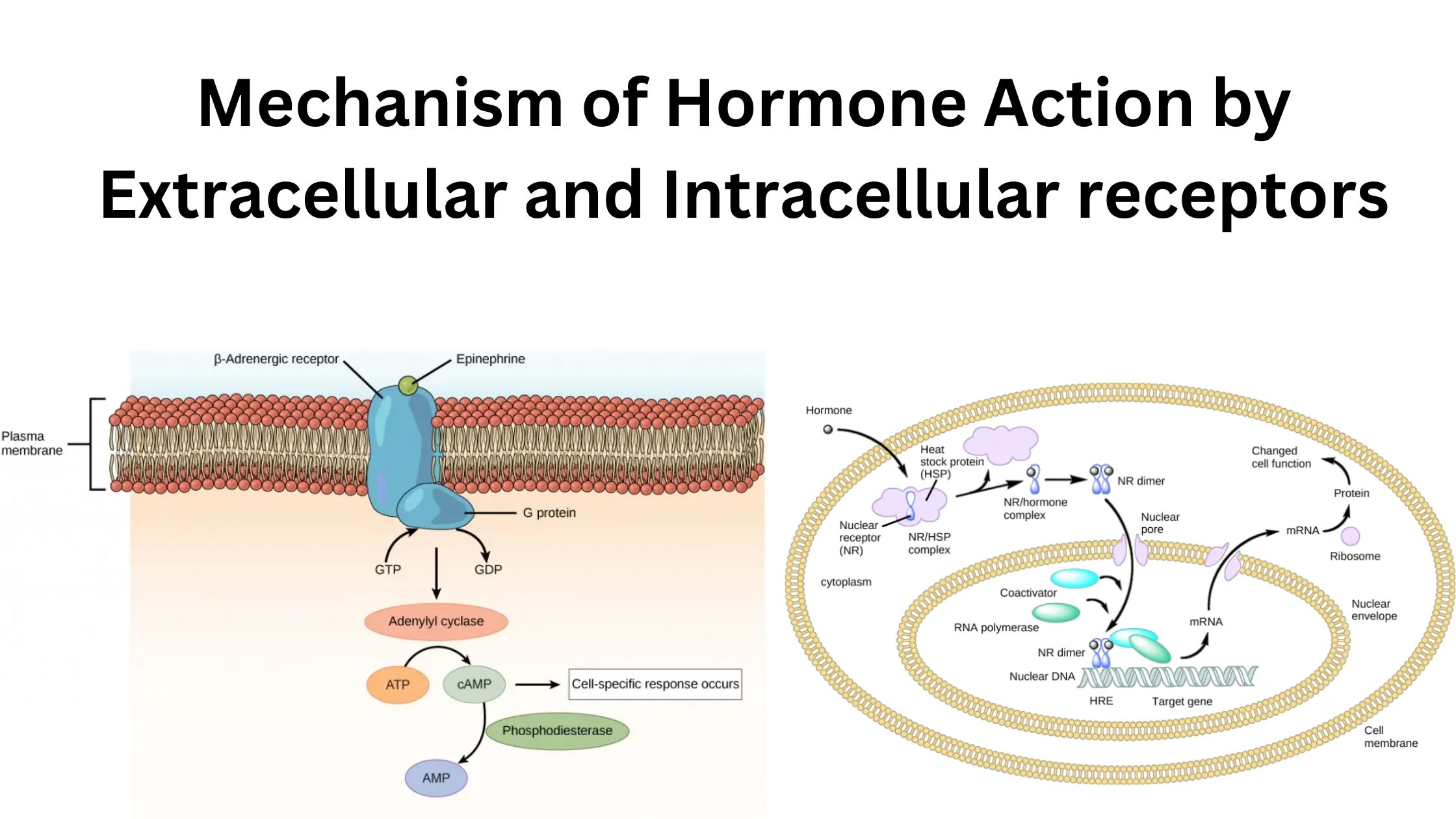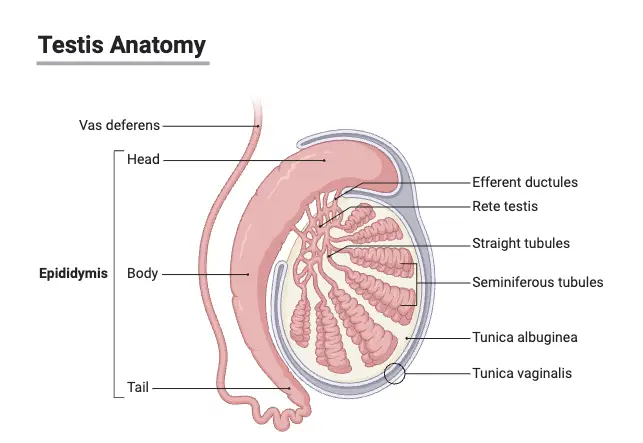Excretory System and Osmoregulation in Fish
Structure of The Kidney The kidney serves as a vital organ in the excretory system of many animals, functioning to filter waste from the bloodstream and regulate fluid balance. While mammalian kidneys are more complex than their fish counterparts, understanding their structure and function provides insight into their crucial role in maintaining homeostasis. Functions of … Read more
